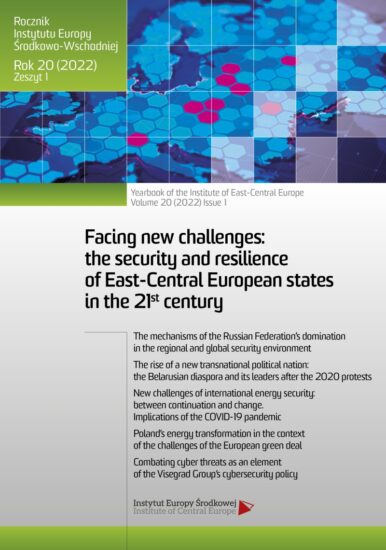Conflict as a differentiating factor
in the creation of social capital
among youth in Serbia and Poland
Conflict as a differentiating factor
in the creation of social capital
among youth in Serbia and Poland
Author(s): Zuzanna Sielska, Jelena LončarSubject(s): Politics / Political Sciences, Politics, Social Sciences, Sociology, Social differentiation, Demography and human biology, Peace and Conflict Studies
Published by: Instytut Europy Środkowej
Keywords: Serbia; Poland; social capital; Balkans.
Summary/Abstract: This paper analyses how conflict impacts social capital. The existing literature suggests that the social capital of a society which has experienced conflict or military operations will not be shaped in the same wayas the social capital in an area where there were no such actions. Yet, thereis disagreement on what the specific effects of a conflict are. This paperseeks to address this puzzle by comparing levels of social capital in Serbiaand Poland. The research presented in this paper was conducted among twogroups; the first, a group of respondents including young Serbs (18-24 yearsold) who, during the 1990s, survived hostilities on the territory of their countryor grew up surrounded by people who were participating in military actions.The second group includes young Poles (aged 18-24), who as children, grewup in a society, which from 1995-2002 did not experience either conflict ormilitary action. Significant research results include the following: in a societyin which no conflict has occurred in the past, there is a higher level of so- cial and political participation; the formation of bridging communities, trustin social actors from outside the immediate family, trust in institutions, anda greater sense of security in the neighbourhood.
Journal: Rocznik Instytutu Europy Środkowo-Wschodniej
- Issue Year: 20/2022
- Issue No: 1
- Page Range: 161-182
- Page Count: 22
- Language: English

